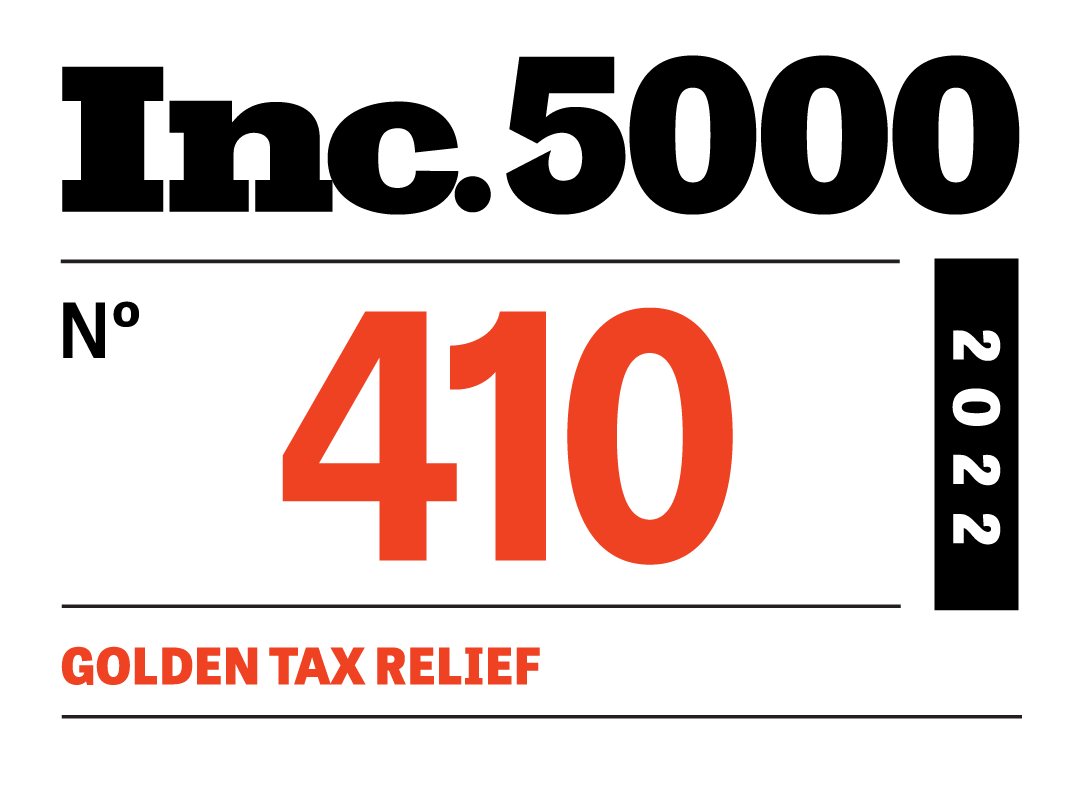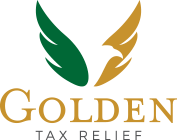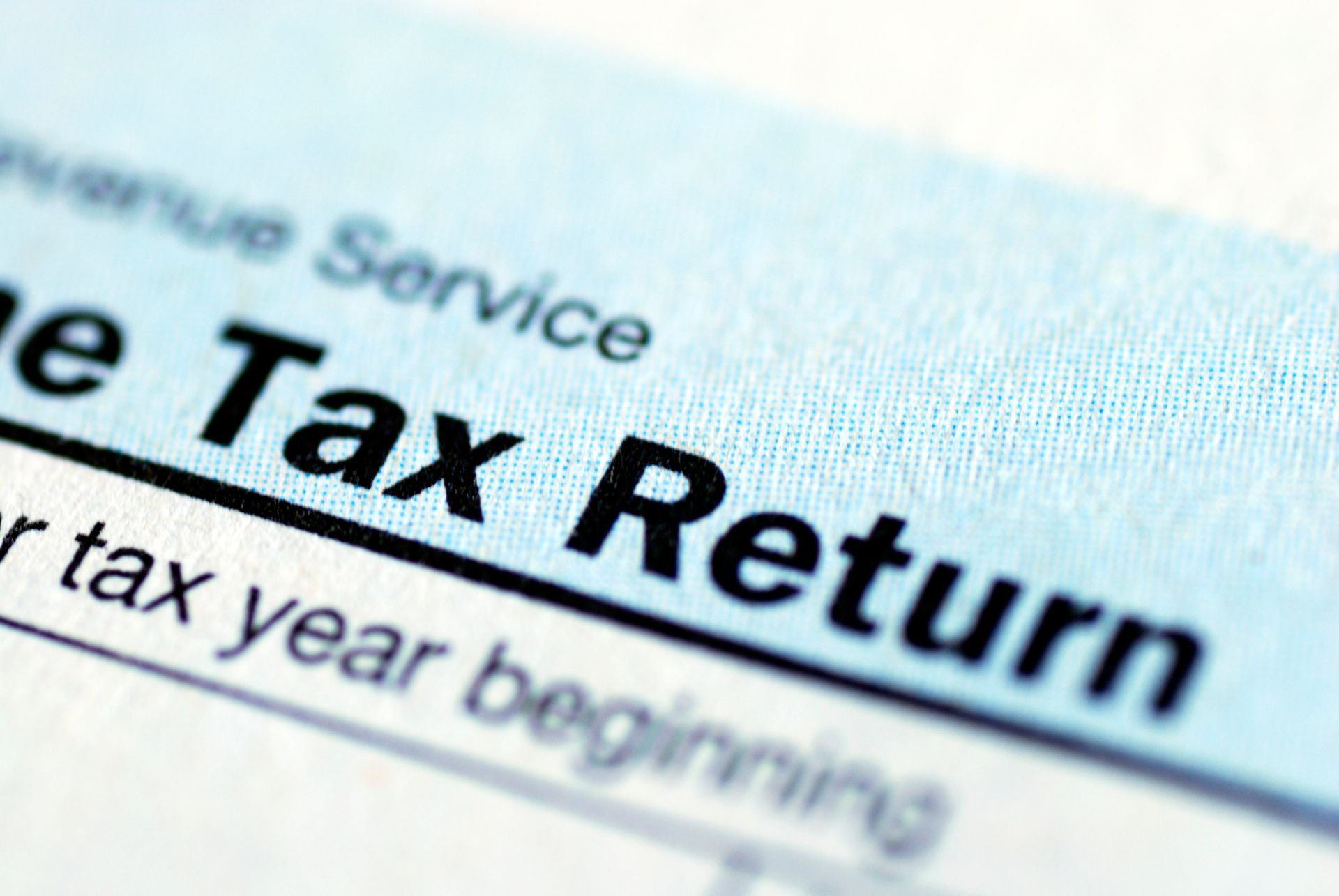Ranked in Top 500 Fastest Growing Companies in The USA

How Will The New IRS Crackdown Impact You?

The IRS has launched an extensive crackdown on small business owners across the United States, deploying 30,000 agents to investigate 11.5 million small business owners for potential fraud and misuse of COVID-19 relief funds, particularly from the Paycheck Protection Program (PPP) and Economic Injury Disaster Loans (EIDL). This action stems from concerns that a significant portion of the $1.2 trillion in relief funds, intended for employee support, was misappropriated by business owners and shareholders, with estimates suggesting that 70% of the funds did not reach the intended recipients.
According to experts, a substantial amount of the relief funds was diverted for personal use, highlighting cases involving public figures and business moguls accused of exploiting the funds for luxury items and lavish lifestyles. This situation has led to severe legal consequences for those involved, including potential long-term imprisonment.
Several individuals have already been criminally prosecuted by the US Attorney General’s office for obtaining millions of dollars in relief funds with falsified information as well as bank fraud. Many more individuals are expected to follow suit in the coming months as the government tries to redirect those funds to the intended recipients.
The IRS's aggressive campaign aims to recover misappropriated funds and restore public trust in government relief efforts. This large-scale operation underscores the seriousness of the fraud allegations and represents a significant escalation in enforcement efforts. However, there are concerns about the broader economic impact of this crackdown, including potential effects on consumer confidence, market stability, and economic recovery efforts.
Public reaction to these developments is mixed, with some expressing skepticism about the government's ability to redistribute recovered funds fairly and concerns over the influence of wealth and political corruption. There are potential concerns about the role of loan misuse in inflating real estate values and the lavish spending by fraudulent business owners, calling for stringent consequences and the recovery of assets.
The IRS's crackdown is a pivotal moment for the U.S. economy, poised to reshape the business landscape and redefine accountability expectations in the post-pandemic era. It raises questions about how to prevent fraud in government relief programs and the impact on public trust in government aid and financial institutions.
To address these challenges and prevent widespread fraud, it may be necessary to implement stricter verification processes, enhanced monitoring of fund distribution, and more transparent reporting requirements for recipients. Additionally, fostering collaboration between government agencies, financial institutions, and oversight bodies could improve the efficacy of relief programs and ensure that funds reach their intended targets. The fallout from this investigation may also necessitate efforts to rebuild public trust in government aid programs, requiring clear communication, transparency, and accountability from all involved parties.
Attempting to navigate IRS processes without professional advice is akin to sailing treacherous waters without a map. The risks far outweigh the potential savings from not hiring a professional. Certified tax planners, tax attorneys, and Enrolled Agents not only offer peace of mind but also provide strategic advice and representation that can save you from costly mistakes and legal troubles.
If you find that your business has been contacted by the IRS regarding a PPP loan or EIDL, it may be necessary to contact our experienced team of Enrolled Agents, Tax Attorneys, CPAs, and Tax Assistants. You can reach us at 630-832-6503 or info@IRSTroubleSolvers.com for a free consultation with our professionals.












